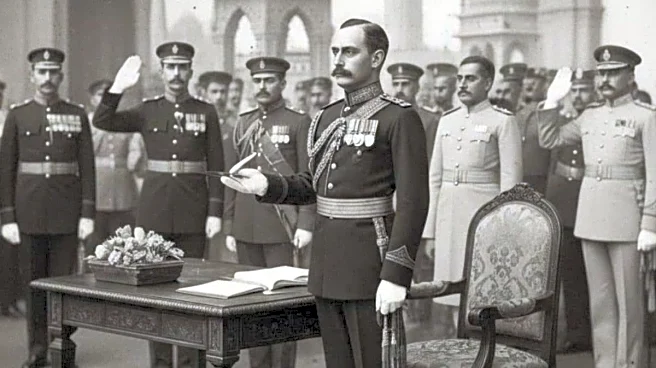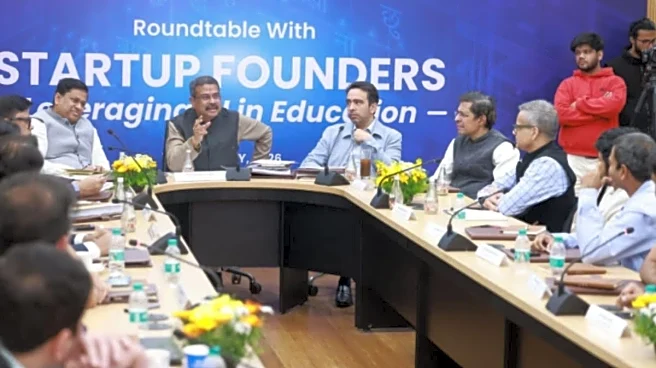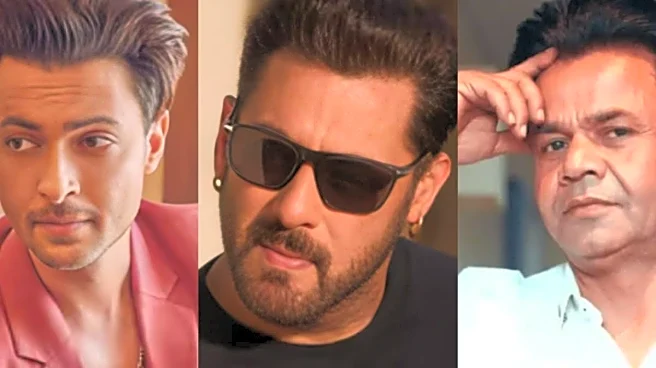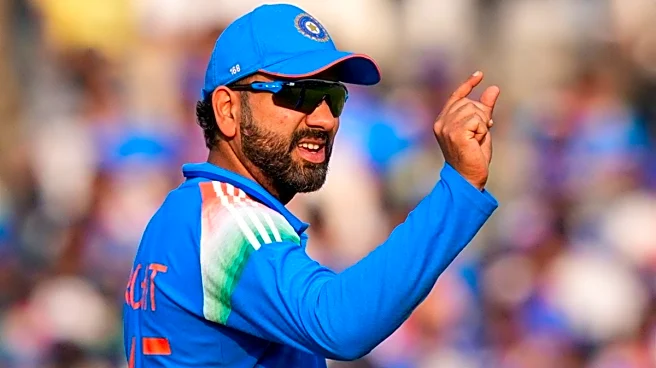Bihar witnessed a major political event on Sunday as Nitish Kumar was sworn in as the Chief Minister, for the 10th time, at the historic Gandhi Maidan in Patna. Alongside him, ministers of the newly-formed government also took oath, reaffirming a constitutional tradition that is now central to democracy.
But while the swearing-in of governments has become a familiar sight, few know how this practice began, what positions require an oath, or how ancient Indian kingdoms handled accession to power long before written constitutions existed.
India’s Oath Tradition
The modern practice of formally swearing in governments originated during the East India Company era and was later institutionalised under the British rule.
Before the arrival of colonial powers, coronation ceremonies,
rather than written oaths, defined the transfer of power in kingdoms such as the Mughals, Marathas, Rajputana states, Vijayanagara, and Chola empires. Monarchs did take a pledge or “dharma-oath” in the presence of priests and ministers, promising to protect the people, uphold justice, and preserve dharma.
However, no standardised oath existed for ministers or administrators in those pre-colonial systems.
A major shift occurred when the East India Company set up administrative and judicial structures across the subcontinent. For the first time, judges, collectors, and senior officers had to take a written oath “in the name of God” before assuming office. Historians consider this the first formal legal oath system in India.
After the 1857 rebellion, when British rule replaced Company rule, the Crown made oaths compulsory for Governors-General, Governors, High Court judges, and civil servants. This period established the legal foundation of oath-taking as a prerequisite for public office.
The practice expanded further in the 20th century:
- 1919: After the Montagu-Chelmsford Reforms, elected representatives took the oath for the first time.
- 1935: The Government of India Act granted the oath full constitutional status.
- 1950: The Constitution adopted and formalised the same tradition, now enshrined in the Third Schedule.
Today, oath-taking is a mandatory constitutional requirement before assuming key national and state offices.
A Centuries-Old World Tradition
Oath-taking itself is as old as civilisation like:
- Mesopotamia (3000 BCE): The Code of Hammurabi mentions oaths for witnesses and officials.
- Ancient Egypt: Pharaohs’ officials swore loyalty to the gods.
- Greece: Physicians took the Hippocratic Oath.
- Rome: Soldiers pledged allegiance to the emperor and the state.
- Christian Europe: Kings swore on the Bible; nobles took oaths of fealty.
- Islamic Empires: Emirs and qazis took public oaths (‘Qasam‘, ‘Ahl-e-Amanat‘).
- Ancient India: Kings vowed to protect subjects, uphold justice, and maintain the moral order at coronation.
The modern political oath, however, originated in the United Kingdom after the Glorious Revolution of 1689. This model spread through Europe, America, and eventually the British colonies.
In 1789, the US Constitution established a formal presidential oath, considered the world’s first democratic constitutional oath.
Who Takes Oaths in India?
India’s Constitution specifies oath requirements in its Third Schedule and related Articles. Some key positions include:
- President – administered by the Chief Justice (Art. 60)
- Vice-President – administered by the President (Art. 69)
- Prime Minister & Union Ministers – President (Art. 75)
- Members of Parliament – oath before taking their seats (Art. 99)
- Supreme Court judges – President (Art. 124)
- Governors – Chief Justice of the High Court (Art. 159)
- Chief Ministers & State Ministers – Governor (Art. 164)
- State legislators – Governor (Art. 188)
- High Court judges – Governor or CJI (Art. 219)
- CAG, Attorney General, UPSC Chairperson and Members, and members of various constitutional commissions also take formal oaths.
Additionally, heads and members of bodies such as the Election Commission, Human Rights Commission, Women’s Commission, Minority Commission, and Information Commissions are all sworn into office.
What Every Oath Must Contain
Despite variations, every official oath includes the promise to:
- Bear true faith and allegiance to the Constitution
- Uphold the sovereignty and integrity of India
- Perform duties faithfully
- Maintain confidentiality wherever required
Officials may choose to take the oath in the name of God or make a solemn affirmation.
Do Collectors and SPs Take an Oath?
Collectors (IAS) and Superintendents of Police (IPS) also take oaths, but not under the Constitution’s Third Schedule. Their oaths are part of:
- All India Services Rules, 1968
- Respective service regulations
IAS officers take their oath at the Lal Bahadur Shastri National Academy of Administration, Mussoorie, while IPS officers do so at the Sardar Vallabhbhai Patel National Police Academy, Hyderabad.
From ancient coronations to colonial governance to today’s democratic processes, the act of oath-taking has evolved.















